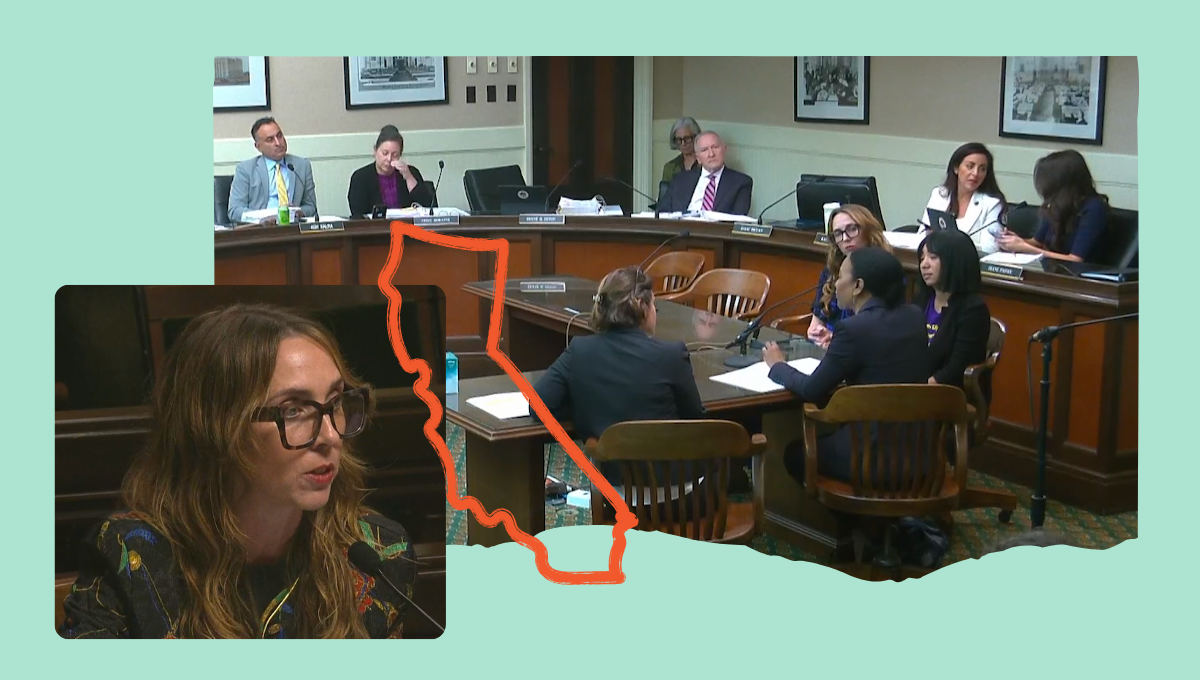Employers already know caste discrimination exists, but only a law can stop them from ignoring it.

Authored by Tanuja Gupta.
Exactly one year ago today, I walked out the doors of the Google New York office for the final time after eleven years. On the outside, I knew many people thought I was crazy for blowing up my career and risking the retaliation I eventually faced over a Diversity & Inclusion talk. “Take the loss.” “Pick your battles.”
But some battles pick you. In my case, advocating to hold a talk about caste discrimination transformed into a fight against the system of caste discrimination itself – and a chance to speak for those who couldn’t. This became increasingly apparent as Google leadership claimed that they were not canceling the talk about caste equity, but ‘simply postponing it to take the temperature down’. A Chief Diversity Officer and Vice President pausing discourse around discrimination within the company, especially after ignoring past reports of it, was certainly … a choice.
One year later, I remain convinced that choice was part of a broader C-suite strategy to willfully ignore claims of caste discrimination. Not only because of the dozens of Googlers who reached out to me after I left to share that their own reports of caste discrimination to HR had gone nowhere, but also because the promised talk on caste equity has yet to occur more than one year since its original date.
Meanwhile, the temperature continues to rise. Some of that heat comes from California’s Senate Bill 403, a civil rights law that enumerates ‘caste’ as a protected category in present civil rights statutes around housing, education, and workplace discrimination. Conceptually, most already know that a caste system is a hierarchy, a system of social stratification, which can affect a person’s access to capital, education, and opportunities. The South Asian caste system is rooted in concepts of purity and pollution, arbitrarily placing people like priests and warriors at the top, while others remain at the bottom because they are ‘untouchable’. It excludes people from public and private spaces and may prohibit intermingling by marriage or other general socialization. But while caste discrimination is largely illegal in most South Asian countries, its impacts are still felt today. SB 403 would settle any debates about whether caste-based discrimination is lawful, regardless of race, ancestry, or national origin. The bill cleared the Senate with overwhelming, bipartisan support, and now sits in the Assembly waiting for a vote.
But now I’m seeing something similar to what I saw at Google in my final weeks. As the support for caste equity grows stronger, so does the disinformation campaign around the topic. An alarmingly organized fringe group of opponents to SB 403 have managed to infiltrate Californian legal publications to publish op-eds like these, insinuating that employers should hold on protecting their employees against discrimination because, gosh, there’s just so much employers don’t know about caste!

The publication dangles the threat of scrutiny and accountability over employers as if those are bad things. It warns that employers may inadvertently violate an employee’s privacy by asking about a person’s caste status which she doesn’t want to disclose. You know, because we’ve never faced that challenge before when handling discrimination based on sexual orientation. And oh, all that money that may have to be spent on training managers to not be discriminatory or fend off litigation…it will add up!
These fear-mongering talking points warn and predict calamity without justification. But they fail to realize one thing: SB 403 is a clarification of protections against caste discrimination under existing law. That means employers have actually already been on the hook for the very things they are being told to fear, and now can’t pretend they weren’t aware. So, employers should already understand what caste discrimination looks like, how caste systems vary from country to country, and how addressing some claims of discrimination while ignoring others is a form of discrimination itself. Employers should already understand that caste discrimination is not just an immigrant-on-immigrant issue. People of any race, sex, or creed can hold prejudicial opinions about someone’s declared or perceived caste, based on the stereotypes or mistaken beliefs associated with those castes. SB 403 is not about one’s caste; it’s about prejudice against one’s perceived caste.
It took a lawsuit for Cisco to clarify its own anti-discrimination policy and explicitly enumerate caste as a protected category. Maybe Google is waiting for the same. But having built one of the most worker-friendly states in the country, California legislators know that asking individual workers to file lawsuits against trillion-dollar companies to clarify existing civil rights makes for terrible labor policy. California, you may not have picked this battle, but I sure am glad it picked you. Here’s your chance to lead the country by passing SB 403, ensuring everyone has rights and protections against caste discrimination. Take it.
Gupta is a former tech worker who faced retaliation for blowing the whistle on caste discrimination at Google (headquartered in Mountain View). She now advocates for caste equity and founded the Caste Equity Legal Task Force. She was also one of the lead organizers of the global Google Walkout in 2018 and Googlers for Ending Forced Arbitration, successfully lobbying Google to end forced arbitration in March 2019. She was a key advocate for HR 4445, which became law in March 2022, bringing together survivors of sexual harassment around the country to end forced arbitration. Gupta is now in law school in New York.





